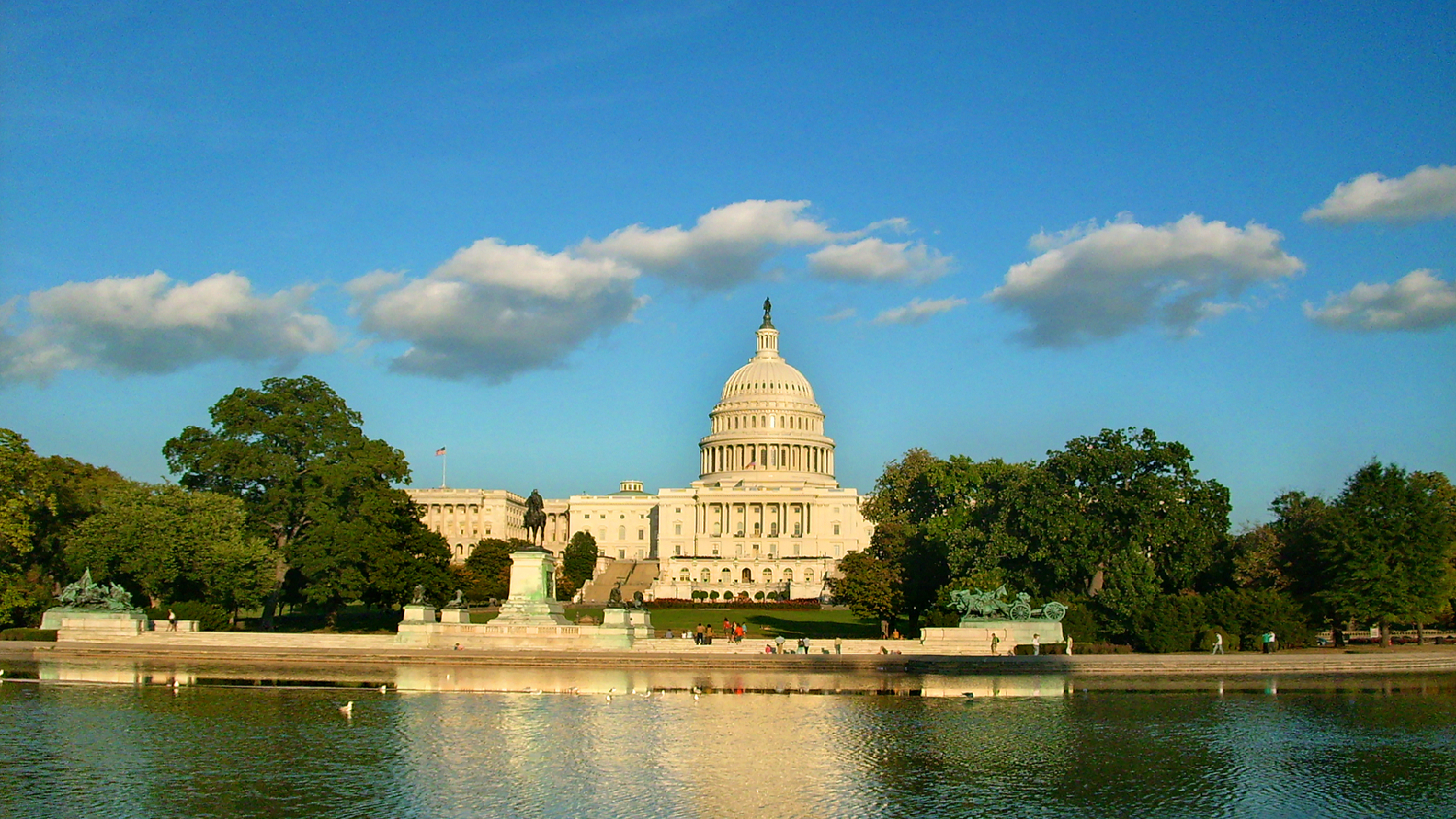US approach to multilateral trade policy: "Gravest danger to the world"
Washington's stance against multilateral trade cannot dismantle the global multilateral trade framework or undermine globalization and its interconnected supply chains. China will remain steadfast in opposing the United States' misguided trade policies.

The upcoming US presidential election on November 5, 2024, is unlikely to result in significant changes to its detrimental counter-multilateralism trade policy, regardless of who occupies the White House.
Former President Donald Trump initiated a comprehensive unilateral trade offensive aimed at undermining the multilateral trading system, particularly through the World Trade Organization (WTO). His administration placed sweeping tariffs on over $350 billion in imports from China and imposed additional tariffs on steel and aluminum worldwide, effectively paralyzing the WTO appellate body. The 2018 President Trade Policy Agenda of the Office of the US Trade Representative stated bluntly that current multilateral trading rules are "directed to the US." This led to a marked decline in China-US trade in the subsequent years. In the current 2024 presidential election campaign, Trump has even proposed imposing 60 percent tariffs on imports from China along with 10 to 20 percent tariffs on all imports from other countries.
Joe Biden, while advocating for a return to "multilateralism," has maintained his predecessor's unilateral tariffs policy and introduced new tariffs on Chinese solar panels, lithium batteries, and electric vehicles. However, he has also advanced a broader trade and investment strategy centered on creating a "resilient supply chain" and implementing a "small yard and high fence" approach, reflecting a fundamental fragmentation of world trade based on "value."
The lengths to which the US is willing to go in its efforts to isolate China reveal its desperation to reclaim its diminishing status in global trade.
Firstly, the establishment of the Cross Atlantic Trade and Technology Council between the US and EU aims to dominate the high-tech supply chain and create standards that exclude China as a replacement for multilateral arrangements.
Secondly, the US has initiated the Indo-Pacific Economic Framework, which groups South and Southeast Asian countries while deliberately excluding China.
Thirdly, the Science and Chips Act and Inflation Reduction Act have provided substantial financial support for new chip-making investments in the US, disadvantageously affecting other trading partners, particularly China.
Fourthly, the US has enacted several high-tech bans on the Chinese mainland, prohibiting the sale of chips of 14 NM and more advanced technology, and banning chip manufacturing equipment. Furthermore, Washington has established the Chip 4 alliance to obstruct China's access to critical technology and has issued an executive order to limit US investment in China in areas such as semiconductors, microelectronics, quantum information technologies, and artificial intelligence.
Fifthly, the US has added over a thousand Chinese companies and institutions to its Entity List, restricting or prohibiting normal business engagements with the US.
Recent data from the WTO Dispute Settlement Mechanism shows that out of 629 total disputes among WTO members, the US is the largest respondent, having been sued by other members in 159 cases, accounting for about a quarter of all disputes and surpassing claims against China and the EU combined.
It is clear that the US has become the foremost violator of the multilateral trading system and poses a significant obstacle to global free trade and globalization, resulting in severe damage to the world economy and trade.
According to an IMF report, the number of unilateral trade restrictions has quadrupled over the past three years, contributing to geo-economic fragmentation that is hampering global trade growth. Previously, global goods trade growth outpaced world GDP growth by a factor of two before the 2008-2009 financial crisis, but from 2010 to 2018, this slowed down to a rate just one percentage point higher than GDP growth. Projections for 2024 and 2025 suggest that trade growth may equal GDP growth. This dramatic shift in global trade policy has disrupted supply chains, leading to an estimated 4 to 6 percent slower trade growth between geopolitical blocs compared to trade within those blocs.
Consequently, global cross-border direct investment volumes have steadily declined for the past three years, dropping from $1.622 trillion in 2021 to $1.356 trillion in 2022 and $1.332 trillion in 2023, with direct investment inflows into developing countries remaining stagnant.
The inactivity of the WTO’s appellate body has hindered its ability to address US unilateral actions that disrupt global trade and uphold the multilateral trading system.
There is an urgent need to sustain global free trade and globalization. China will continue to vehemently oppose the misguided and counterproductive trade policies of the US. At the same time, it is vital to maintain direct communication with Washington and strengthen business cooperation with the American private sector, aiming to amplify the robustness of bilateral trade and mitigate, at least partially, the adverse impacts of Washington’s flawed trade policies.
Collaborating with other WTO members is essential for defending the multilateral trading system, as its rules remain integral to international trade policy. Trade and investment cooperation within the Global South is crucial, along with furthering the success of the Belt and Road Initiative (BRI) as a pillar of globalization. Additionally, fostering trade and investment connections among G20 and RCEP members is of significant importance.
Ultimately, total global merchandise exports reached $23.8 trillion in 2023, with 75 percent still conducted under WTO terms. Over time, it will become increasingly apparent that Washington alone cannot dismantle the global multilateral trading system or halt globalization and its associated supply chains.
Mathilde Moreau for TROIB News
Discover more Science and Technology news updates in TROIB Sci-Tech











